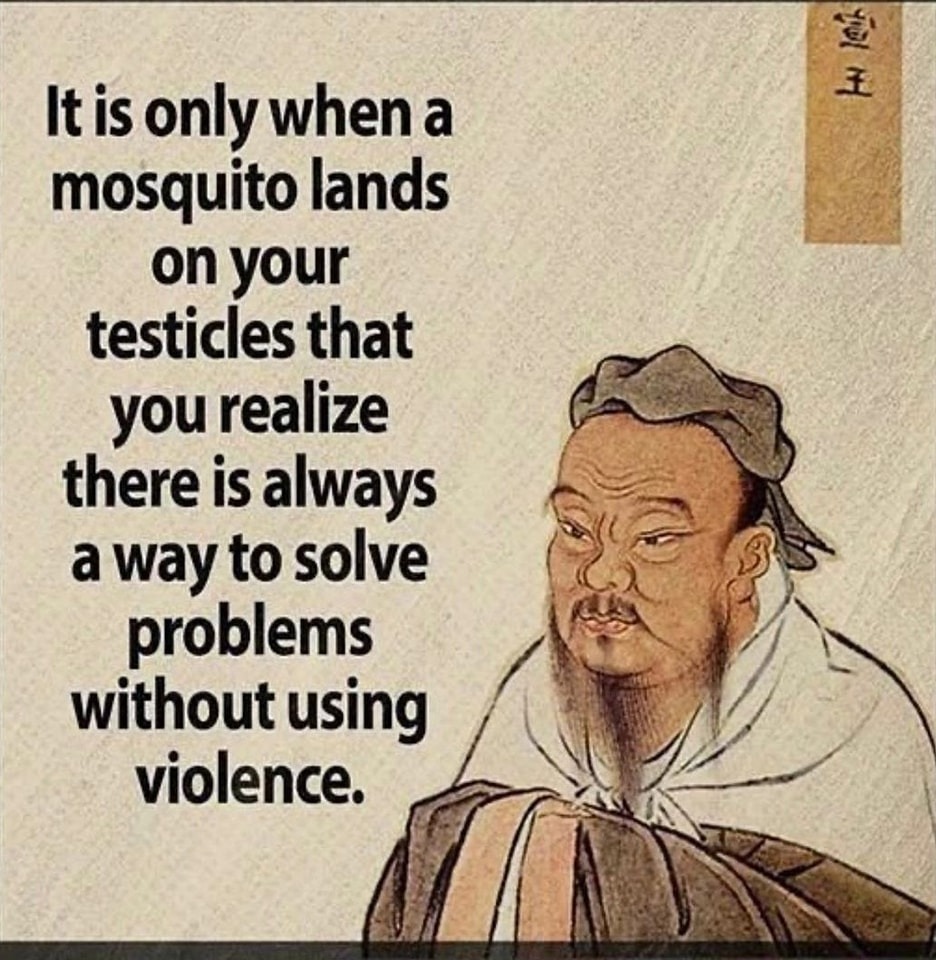The Menace of Corruption and Bribery: A Global Challenge
Introduction:
Corruption and bribery are pervasive issues that plague societies worldwide, transcending geographical, cultural, and economic boundaries. These unethical practices undermine the fabric of democracy, erode public trust, and hinder sustainable development. This essay explores the multifaceted nature of corruption and bribery, delving into their causes, consequences, and potential solutions.
Understanding Corruption:
Corruption manifests in various forms, including bribery, embezzlement, nepotism, and fraud. At its core, corruption involves the abuse of power for personal gain, often at the expense of public welfare. It infiltrates both public and private sectors, posing a severe threat to economic stability and social justice. Corruption hampers the effective functioning of institutions, leading to skewed resource allocation, distorted policies, and compromised public services.
Causes of Corruption:
Unraveling the roots of corruption reveals a complex interplay of factors. Weak institutions, inadequate legal frameworks, and a lack of accountability create fertile ground for corruption to flourish. Socioeconomic disparities, political instability, and cultural norms that tolerate corrupt practices also contribute to the problem. Additionally, the opacity of decision-making processes and a lack of transparency provide cover for corrupt activities to go unchecked.
Consequences of Corruption:
The ramifications of corruption extend far beyond financial losses. Corruption corrodes the moral fabric of society, breeding a culture of dishonesty and distrust. In the economic sphere, it impedes investment, stifles entrepreneurship, and hinders economic growth. Moreover, corruption exacerbates poverty by diverting resources away from essential public services like education, healthcare, and infrastructure.
Bribery as a Subset of Corruption:
Bribery, a subset of corruption, involves the offering, giving, receiving, or soliciting of something of value with the intention of influencing the action of an official or other person in a position of power. It often takes place in both public and private sectors, facilitating the circumvention of rules and regulations. Bribery compromises fair competition, distorts market dynamics, and undermines the principles of meritocracy.
Global Perspectives on Corruption:
Corruption is not confined to any particular region; it is a global challenge that affects both developed and developing nations. The Transparency International Corruption Perceptions Index ranks countries based on perceived levels of corruption. This index highlights that no region is immune to the scourge of corruption, emphasizing the need for coordinated global efforts to combat this menace.
Anti-Corruption Initiatives:
International organizations, governments, and civil society groups have recognized the urgency of addressing corruption. The United Nations Convention against Corruption (UNCAC) provides a framework for combating corruption globally. Many countries have established anti-corruption agencies, implemented whistleblower protection mechanisms, and strengthened legal frameworks to prosecute corrupt individuals. However, the effectiveness of these initiatives varies, and sustained efforts are required to ensure their success.
Technological Solutions:
Advancements in technology offer promising avenues for combating corruption. Digital platforms and blockchain technology, for instance, can enhance transparency in financial transactions, making it more challenging for corrupt practices to go undetected.
E-governance initiatives and the use of artificial intelligence in public administration can streamline processes, reduce opportunities for corruption, and enhance accountability.
Corporate Responsibility:
Corruption is not solely a public sector issue; it permeates the private sector as well. Businesses must adopt ethical practices and transparent corporate governance to curb corruption.
Implementing robust internal controls, conducting regular audits, and fostering a culture of integrity within organizations are crucial steps in promoting ethical conduct and preventing bribery.
Is It Just A Perception?
Corruption and Bribery go hand in hand especially in business environment.
However it all depends on how one look at it, whether it is corruption and bribery or just a normal business transaction to improve productivity?
I would like to share my experience way back in the 1990s when I was doing one investigative audit on one bank manager.
He gave an explanation of his take on corruption and bribery which I found quite interesting.
Following is his narrative on the issue:
Way back in 1990s in Malaysia, when one started a business, the most important thing was to have a phone land line, back then mobile phone was not popular or hardly in existence.
To apply for a land line, it took about a month for the telecom to install the line.
However, if you could offer some incentive to the telecom staff, say a monetary incentive to speed up the process, he could get the line done within a day or two
So now the question was – was the monetary incentive paid to the telecom staff a bribery, in the case of the giver and whether it was a corruption in the hand of the telecom staff as a receiver?
For a shrew businessman who just wanted to start his business immediately, as far as he was concerned, it was a payment well spent since he got his land line installed within a day and he could start making calls for his business.
Instead of waiting for a month doing nothing and no income, that was a bad business decision.
As far as businessman is concerned, as long as he had what he wanted to get his business going, it did not matter, since he was in business now.
That explanation got me thinking, from the audit point of view, some violation of the integrity of the personnels were there.
But from the business point of view, it was a good move by the businessman to ensure he could start doing business immediately instead of waiting for 30 days before he could get going.
So, it is just a perception, if monetary payment could advance the course of business, was it corruption and/or bribery?
In business world, if we really want to uphold the integrity and dignity of high moral value, then there should not be any entertainment or giving of gift during festive season.
Especially during Chinese New Year, you can see a lot of hampers being delivered to banks office and so on, and there are a lot of business dinner and/or lunch, all of these are the result of business relationship, one of the way to show appreciation of business dealings.
It seems that the definition of corruption and bribery is on a very thin line.
Just look at the recent case in Singapore, if it happened in a country like Malaysia, it would be considered as normal and expected.
So is it a perception or really corruption and bribery?
Educating and Empowering Citizens:
Empowering citizens with knowledge about their rights and the detrimental effects of corruption is essential in the fight against this pervasive issue.
Education campaigns, grassroots movements, and community engagement initiatives can raise awareness and mobilize citizens to demand accountability from their leaders. Informed and active citizenry is a potent force in holding governments and institutions accountable for their actions.
Corruption and bribery are formidable challenges that require a comprehensive and collaborative approach. Governments, international organizations, businesses, and civil society must work together to strengthen institutions, improve legal frameworks, and foster a culture of transparency and accountability. Embracing technological advancements, promoting corporate responsibility, and empowering citizens are integral components of a multi-pronged strategy to combat corruption and build a more just and equitable society. Only through sustained efforts and a collective commitment can the world hope to eradicate the menace of corruption and bribery.

















